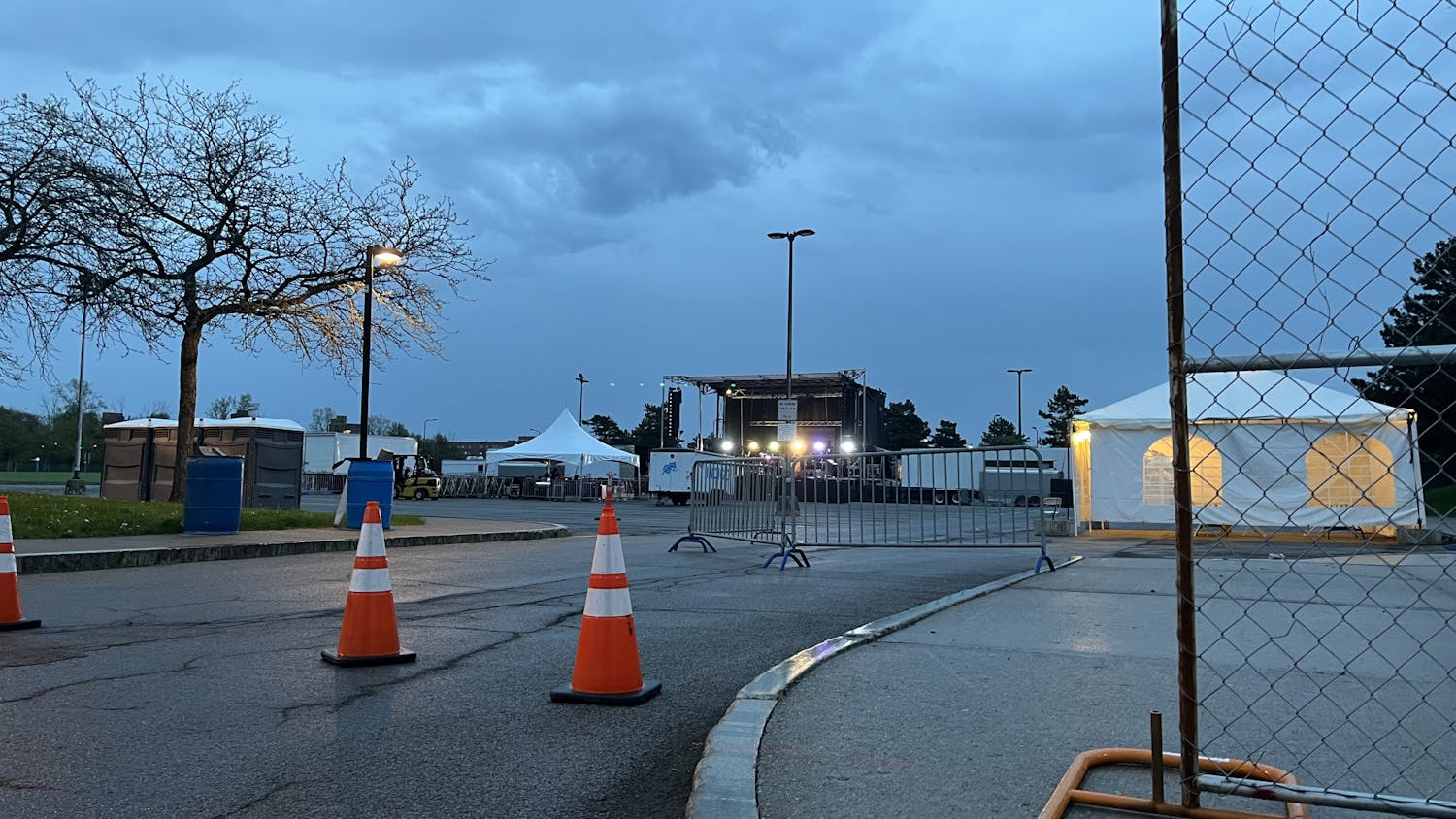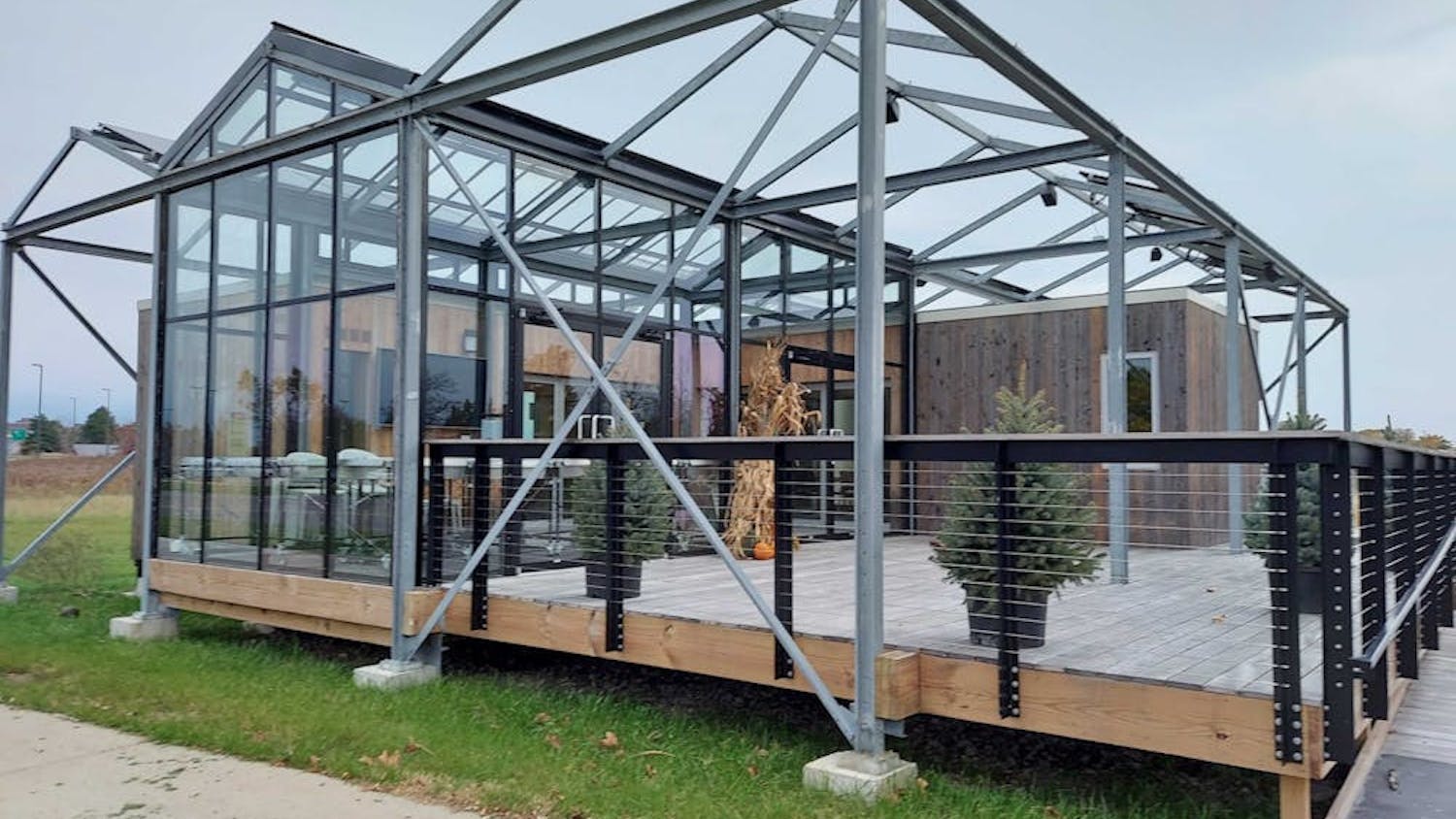Though there has not been a terrorist attack on American soil for over seven years, the virtual world has proven to be less secure. With cyberterrorism emerging as a major threat to national security, UB was recently given an award to increase its effectiveness in the fight against the online danger.
???The National Science Foundation (NSF) has awarded an $868,000 Federal Cyber Service Award to the UB Center of Excellence in Information Systems Assurance Research and Education (CEISARE) to create a scholarship for students training to protect against Internet terrorism.
???According to Shambhu Upadhyaya, associate professor in the Department of Computer Science and Engineering, the scholarship will be given to four undergraduate students and six graduate students in technical and managerial disciplines over the course of four years.
???According to Upadhyaya, the NSF issues a solicitation for proposals and makes the selection through a competitive review process. The new award will allow the program to continue educating students, while at the same time conducting influential research.
???"On the research front, the breakthrough was getting research funding from the National Security Agency (NSA) and Defense Advanced Research Projects Agency (DARPA)," Upadhyaya said. "It is quite hard to attract research funds from these agencies in the first place."
???CEISARE does research and training to combat the threats that can impact the nation's critical infrastructure.
???"Because most of the critical infrastructures such as electric grid, telephone system, financial system, etc., are dependent on computers, cyber attacks coming from hackers and adversaries are considered as serious threats," Upadhyaya said.
???CEISARE plans to contribute to the SUNY Homeland Defense initiative at UB, and will strive to become a leader within SUNY by collaborating with the New York State Office of Science and Technology and Academic Research (NYSTAR), Information Institute of the Air Force Research Laboratory and other federal agencies, according to Upadhyaya.
???CEISARE has done work on projects ranging from real-time intrusion detection, event correlation and cyber situational awareness, document security, insider threat assessment, wireless networks security and malware detection on the Internet.
???The program has grown immensely since its inception. One of the most important growths has been the creation of a graduate certificate in Information Assurance, which was state approved in 2004, according to Upadhyaya.
???"Several students have obtained the diploma. Many joined [the] federal work force in the cyber security area," Upadhyaya said.
???New threats continue to arise every day. Although Upadhyaya says university networks are not usually targeted, national systems are under constant threat. These threats can take the form of viruses or worms, leading to more harmful attacks.
???According to Upadhyaya, there has yet to be a major successful cyberterrorist attack, but it is still important for computer users not to let down their guard.
???"The main challenge for the researchers is the unknown factor. It is perhaps easier to defend against a known threat but not easy to defend against an unknown threat," said Upadhyaya.
???Recent advances in technology have only helped hackers, who can use open information to gain the upper hand, according to Upadhyaya. He compares the fight against hackers to the arms race, because when researchers develop new technology to fight online terrorism, hackers simply try harder to break through it.
???CEISARE will continue conducting influential research in terms of cyber security in an attempt to develop more successful techniques in the future.
"The goal is to thwart a cyber 9/11 before it happens," Upadhyaya said.




